What is Multiple Sclerosis (MS)?
Many who live with this disease face an insurmountable level of pain on a daily basis. Their body’s constant attack on its own central nervous system is the cruel reality of this illness, and means that those afflicted can slowly lose the ability to move and control their own muscles and limbs, and look forward to permanent deterioration in such areas as vision and other bodily functions.
In short, multiple sclerosis is a neurodegenerative autoimmune disease that affects the brain, spinal cord, and optic nerve. For some reason, the immune system begins to think of its own nerve cells as dangerous intruders. Because of this, the body’s own immune cells begin to attack its own nerve cells. The damage caused results in the formation and build-up of scar tissue, resulting in the nerve cells being unable to function normally and thus unable to send basic signals to the rest of the body.
This illness affects millions of people worldwide and there is currently no known cure. Powerful medications are often required to treat MS, and some exciting results with stem-cell therapies are being seen, but options like the latter are expensive, and in most parts of the world, not available to the sufferer. In countries like the United Kingdom, for instance, stem-cell based therapy is not yet available on the National Health Service, and having it done privately is so expensive as to be far out of reach for 99% of sufferers.
Thus, the goal of most therapies is not cure, but rather a measurable slowing of the rate of the disease’s progression, treating the symptoms, and speeding up recovery from dangerous and debilitating seizures.
Cannabis can relieve the symptoms of MS, for some people, in several different ways
The overwhelming success of cannabis in treating the symptoms of MS is one of the reasons why this herb has gained legitimacy around the world as being of verifiable medicinal benefit. Multiple sclerosis is one of the diseases that is treated with medical cannabis in many countries — be it as a prescription drug or in the form of cannabis oil.
Brain-protectant effects
Patients with multiple sclerosis face a major villain: inflammation. When immune cells are activated, they release inflammation-promoting proteins called cytokines. These cytokines cause uncontrolled inflammation in the brain. This ultimately results in the destruction of nerve cells that progressively exacerbates the symptoms.
The active ingredients in cannabis, called cannabinoids, are effective anti-inflammatory agents. In addition, compounds such as psychoactive THC and non-psychoactive CBD reduce the activity of the overactive immune system, helping to halt its violent attack on the central nervous system.
This property of the plant also makes it effective in fighting other types of autoimmune diseases such as lupus.
Cannabinoids are among the few key substances that promote neurogenesis — the creation of new brain cells — in adults.
Cannabis compounds are also potent antioxidants, giving them neuroprotective properties. The plant takes up the fight against oxidative stress, protecting cells and tissues from DNA damage. Its neurogenetic, antioxidant and anti-inflammatory properties can help provide some therapeutic relief.
Pain control
Many people continue to attest to experiencing cannabis’ impressively effective chronic pain-relieving properties. As a proven analgesic, cannabinoids such as THC and CBD interact with the body’s pain receptors. The ability of the plant to help reduce inflammation also plays a role in this, as inflammation and pain go hand in hand.
As the tissues of the body begin to swell and become irritated, they begin to degenerate. The breakdown of these tissues causes pain. In addition, nerve cells can send pain signals to the rest of the body as they are destroyed.
The pain-relieving effects of cannabis were tested by a group at the University of California, San Diego. The researchers conducted a clinical trial testing the effects of cannabis smoking on physical pain. It was found that cannabis, when smoked, was more effective than placebo in reducing symptoms and pain in patients with treatment-resistant cramping or excessive muscle contractions.
Aid to alleviating muscle stiffness and cramps
At Tel Aviv University in Israel, research showed that CBD might have helped paralysed mice to regain some of their ability to walk. Those rodents treated with CBD showed significantly less damage to their nerve cells and also less inflammation overall than those who were not. Results such as these point to the potential neuroprotective properties of cannabis, and indicate that it may become an effective agent for use in the fight against the symptoms of MS. Whilst research is still in its relative infancy, the results of such studies show huge promise for the future.
The Israeli results were confirmed by further research. A 2012 study at the University of Plymouth, UK, found that cannabis was twice as effective as placebo in relieving muscle stiffness and cramps caused by MS. After three months, participants who used cannabis showed a measurable reduction in seizures compared with those participants who did not.
Around 20% of MS patients will experience severe problems with muscle cramping. This equates to uncontrollable muscle stiffness and twitching, as well as loss of muscle control occurring when the nerve cells that are responsible for movement are damaged. This damage is caused by inflammation, in the brain and spine in particular.
A 2013 study also conducted at Tel Aviv University found that THC and CBD can help to prevent inflammation in both these areas. Their findings led researchers to conclude that cannabis, whilst not claiming to be a cure, can go towards potentially relieving some of the aforementioned debilitating symptoms.
Digestive aid
Gastrointestinal problems are also an uncomfortable yet all too common ailment experienced with MS. Constipation, intestinal control problems and indigestion can all make everyday life miserable. Cannabis has been shown to potentially help with these. 70% of immune cells are in the intestinal tract. Not surprisingly, cannabinoids bind to these immune cells and can calm inflammation in the gut.
THC is also a well-known appetite booster, releasing hormones and initiating metabolism. Thus, cannabinoids not only reduce intestinal inflammation but also improve the production of digestive juices, leading to an improved eating experience.
As a simple analogy, think of cannabinoids as akin to traffic police. These simple compounds control the flow of communication hormones into and out of cells — like traffic police do at a crowded intersection. When connected to the right place, THC and CBD act as tools to help the body function properly, assisting processes to move in the right direction.
By attaching to specific cellular receptors, cannabinoids can have the ability to:
· Help relieve diarrhoea
· Help suppress nausea and vomiting
· Help to relax the muscles
· Help reduce inflammation
A potential sleep aid
When our bodies operate seemingly out of our control — a feeling well known to those suffering with either physical or mental health problems — falling, and staying, asleep can become a daunting and often insurmountable challenge. Here, certain types of cannabis can potentially be of significant help. Indica-dominant varieties can ensure that both body and mind relax, not only helping with falling asleep more quickly, but also with remaining asleep for longer.
Patients experiencing pain also report sleeping better after cannabis use. In a study by British company GW Pharmaceuticals, who tested the effects of CBD and THC in 2,000 patients experiencing ongoing chronic pain, it was found that participants slept significantly better and experienced less pain after appropriate cannabis use.
Consumption of THC at bedtime often results in the user spending more time in deep sleep. During deep sleep, the body takes the time to regenerate itself. This is the time when tissue, bone and muscle is rebuilt. The immune system also recharges at this stage of sleep.
Ocular health
It is not uncommon for MS patients to have attacks of sudden onset blurred vision, redness, or even pain. Some patients may become blinded temporarily or have uncontrollable eye movements. Again, inflammation is the culprit. In some cases, MS causes inflammation of the optic nerve. This means that the ability to see may be partially or even completely lost until the inflammation goes down.
Cannabis can help reduce the disturbing effects of MS on vision by reducing inflammation in the optic nerve. Over time, this inflammation becomes degenerative. Cannabis has previously been shown to be a potential treatment for a variety of degenerative eye diseases.
Researchers assert that common diseases such as glaucoma and retinal degeneration may be neurological in nature. The neuroprotective properties of cannabis are believed to alleviate the damage caused by this type of disease.
The effects of cannabis are wide-ranging, and the use of compounds within cannabis, such as THC, has repeatedly been shown to positively influence systems within the body that help regulate things like appetite, memory, ability to sleep, and even more importantly, the functioning of the immune system. All of these small systems are part of a much larger endocannabinoid system. These vital functions are affected and regulated by the same chemicals and hormones: endocannabinoids.
As mentioned earlier, endocannabinoids occur naturally in the body, while phytocannabinoids are present in the plant. Regardless of the disease, most cannabinoids work in the same basic way: they attach to cells in the brain and in the body, changing the way cells communicate with each other. That is, they change the way cells give each other specific instructions.
Pharmaceutical alternatives
These observations have prompted pharmaceutical companies, such as the aforementioned GW Pharma, to use THC in their prescription MS medications. Sativex has been on the market in the European Union for 12 years and is used to treat MS-related muscle cramps and pain.
Whilst the drug has been featured in many headlines around the world, Sativex is more or less a high-end pharmaceutical-grade cannabis extract that contains equal proportions of THC and CBD at a 1: 1 ratio.
Sativex is currently available outside the United States for the treatment of MS symptoms and within the United States, the drug is undergoing a phase 3 test to treat pain caused by cancer.
For those who cannot access Sativex, these types of cannabis may be viewed as an option:
· One to One (this variety is most similar to Sativex)
· Permafrost (high in THC.)
· Critical Mass
· Harlequin
· Sour Tsunami
Great strides have been made in cannabis science-based studies. Researchers around the world are making significant inroads into understanding how cannabis helps treat diseases like MS. Hopefully, the coming generation of sufferers will have easier access to this potentially life-changing plant and its derivatives.
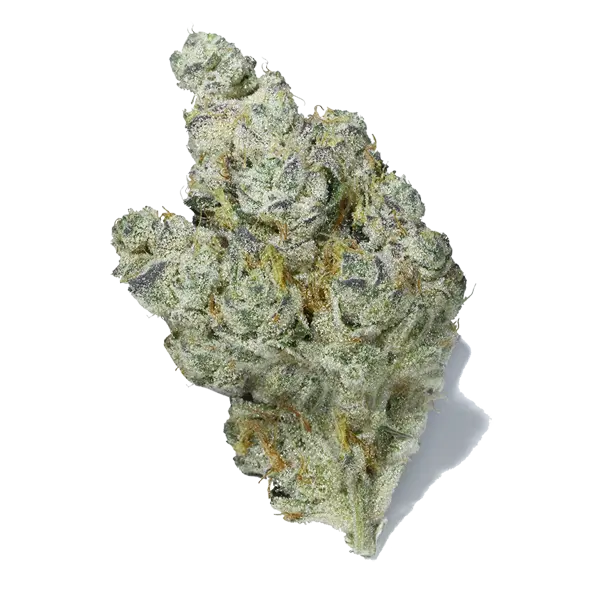
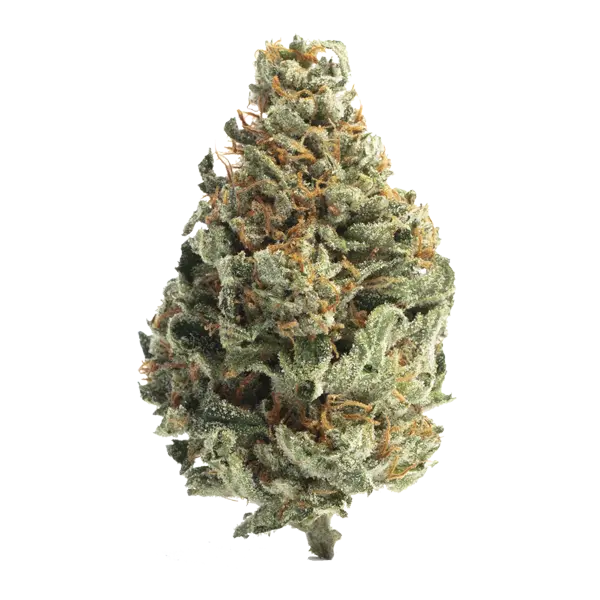

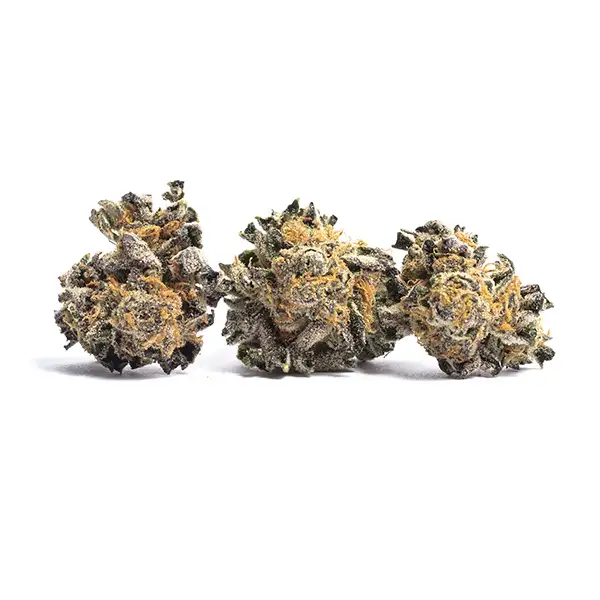
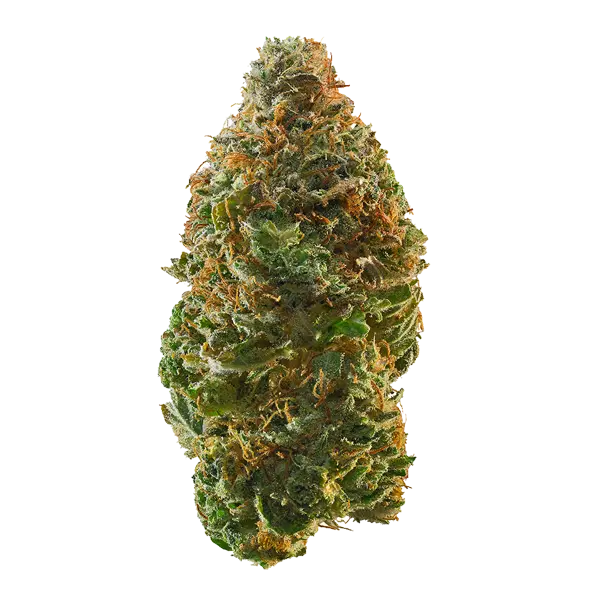
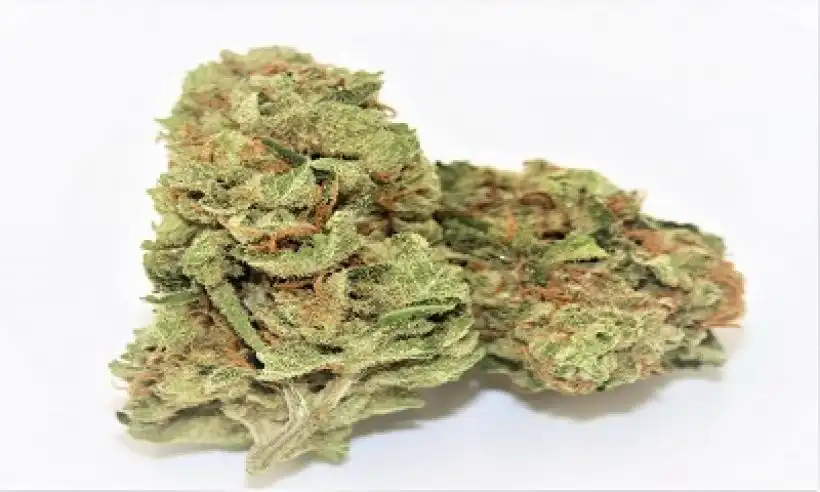
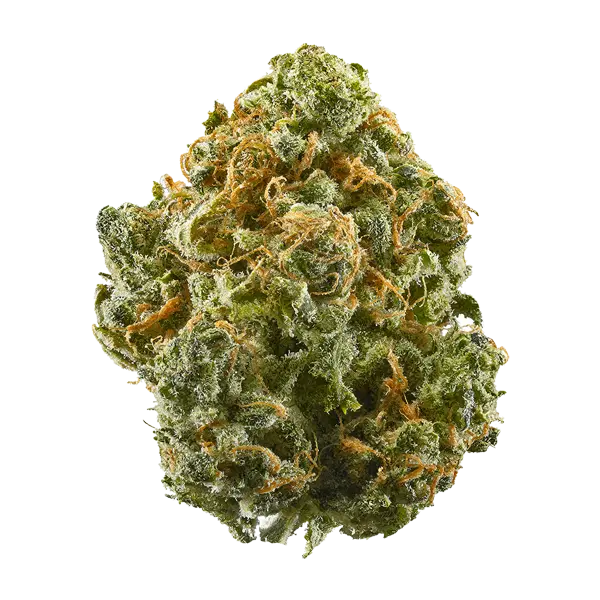
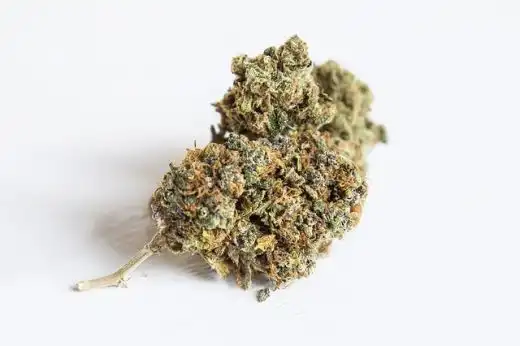


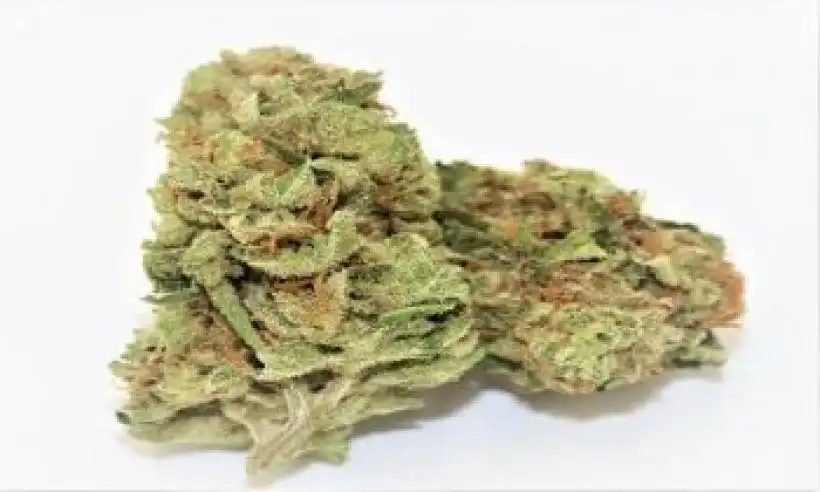
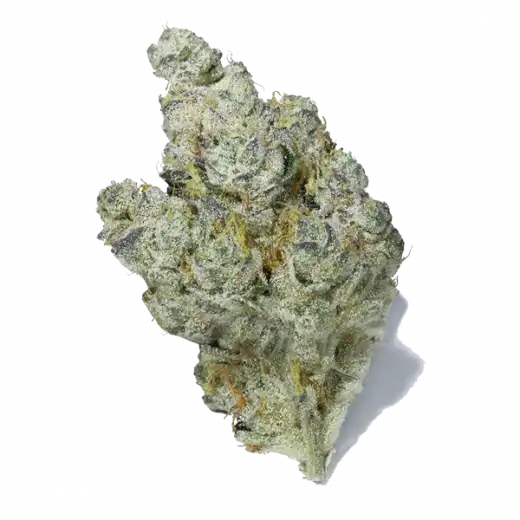

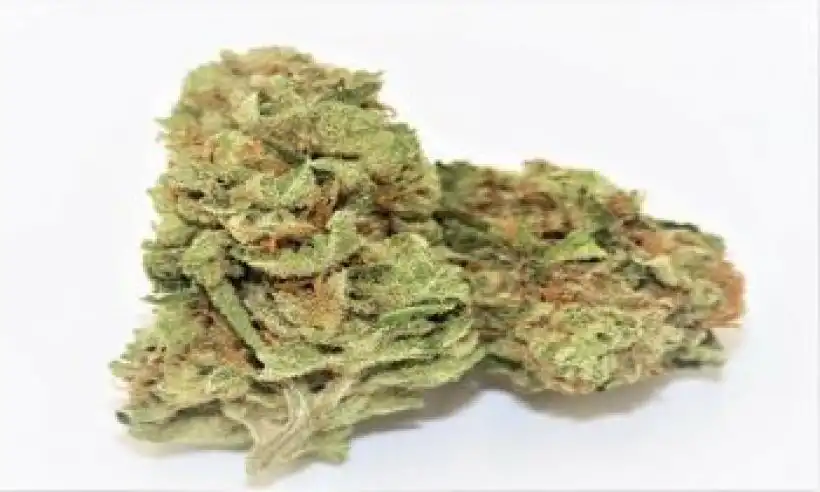
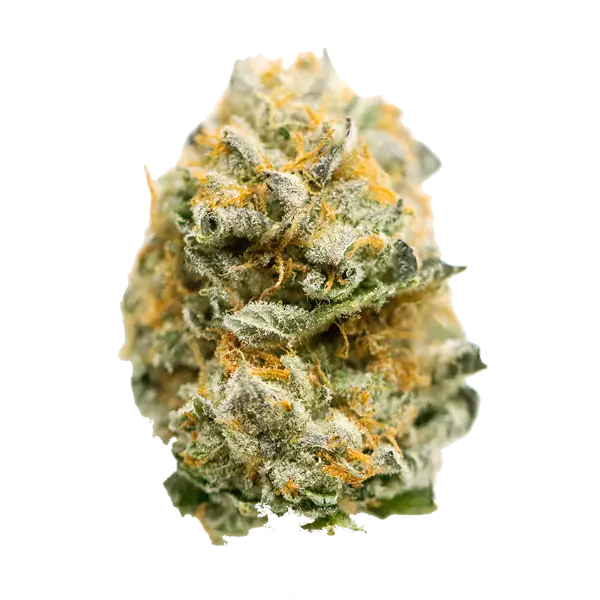

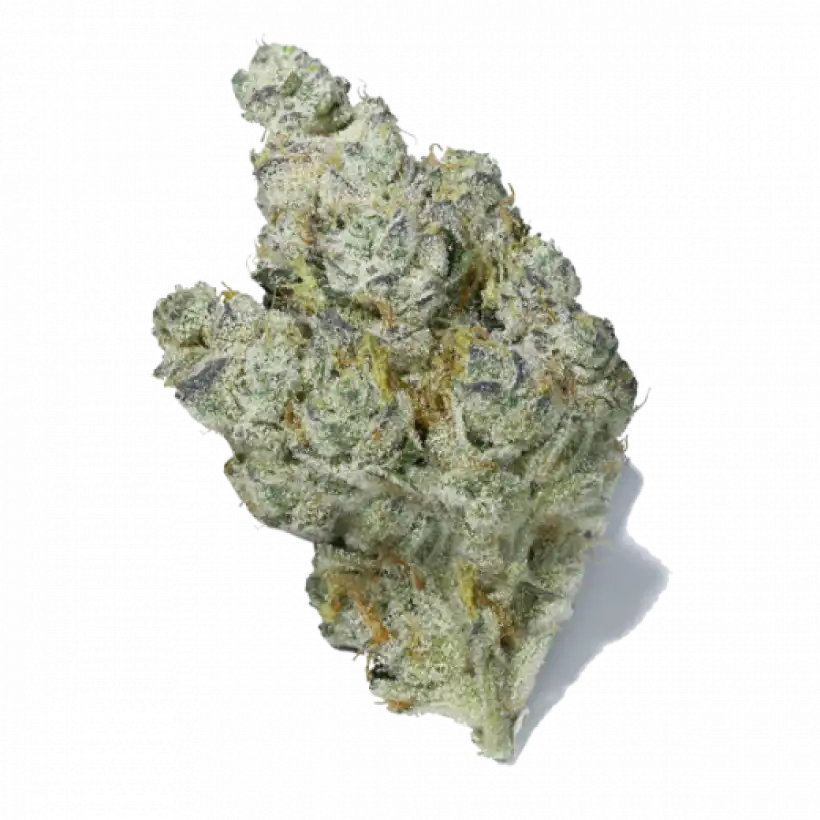

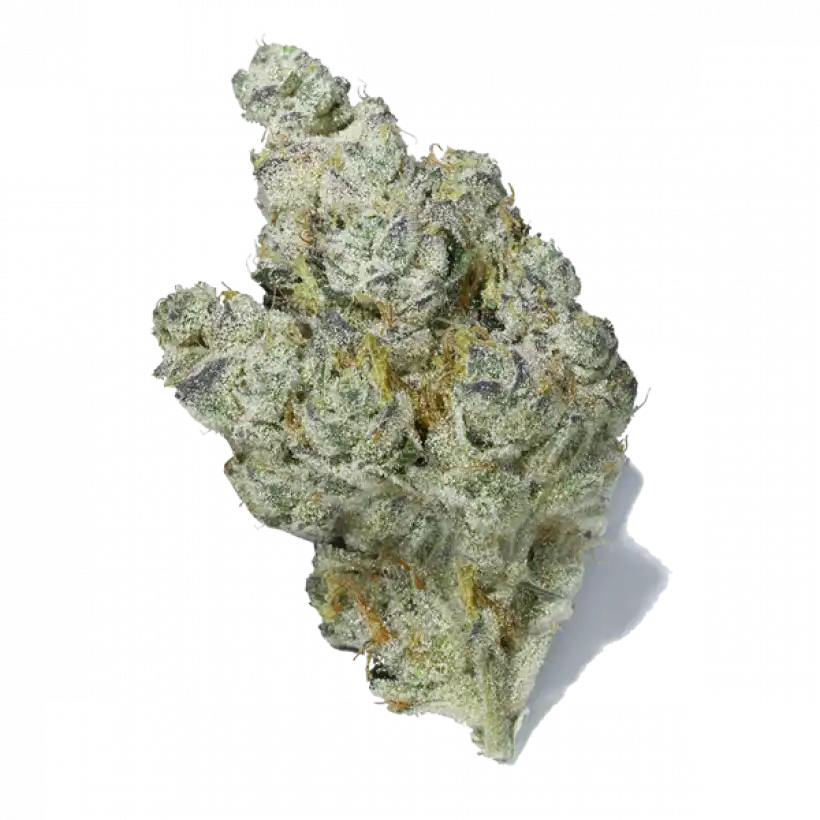
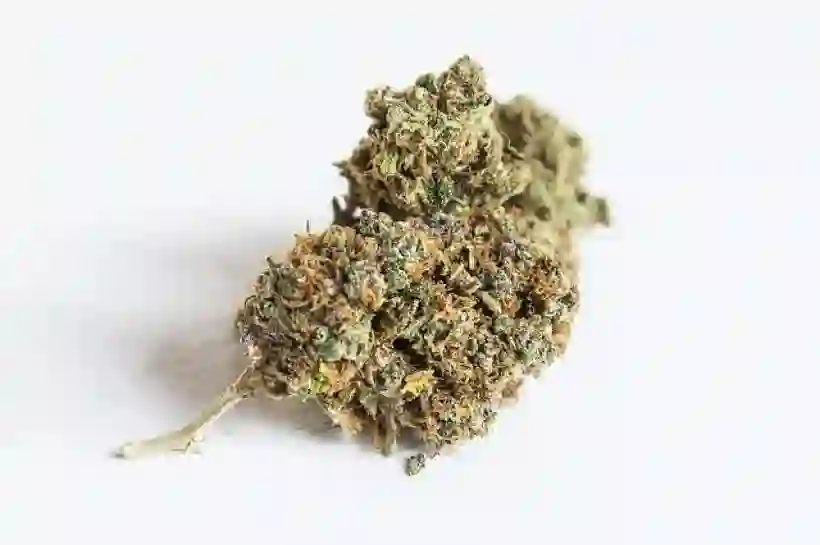

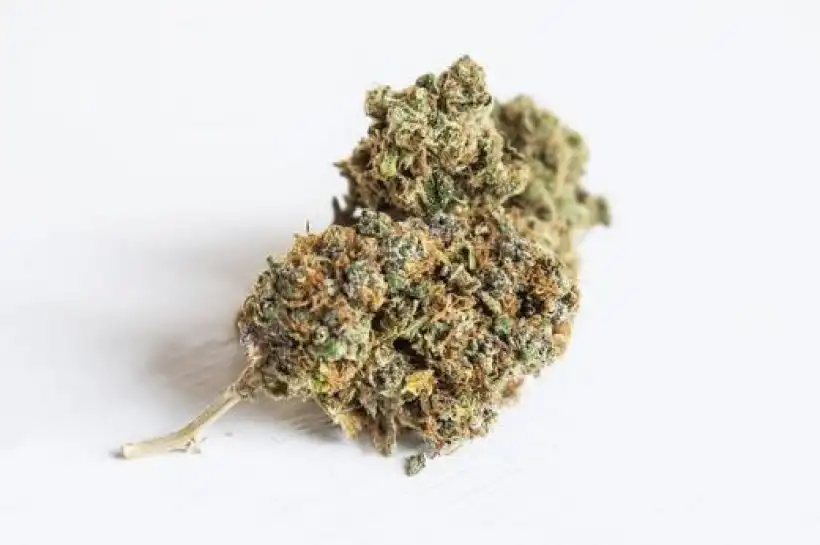



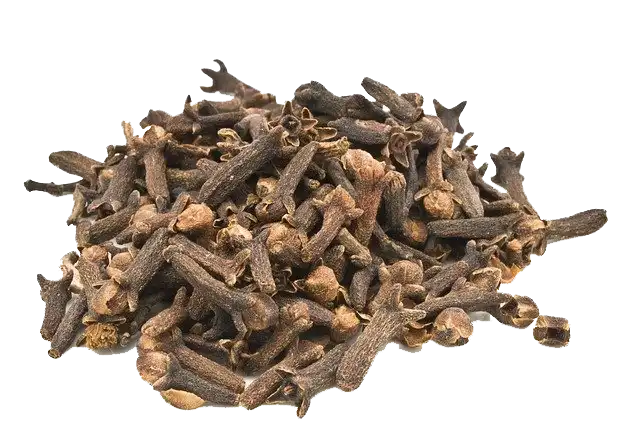
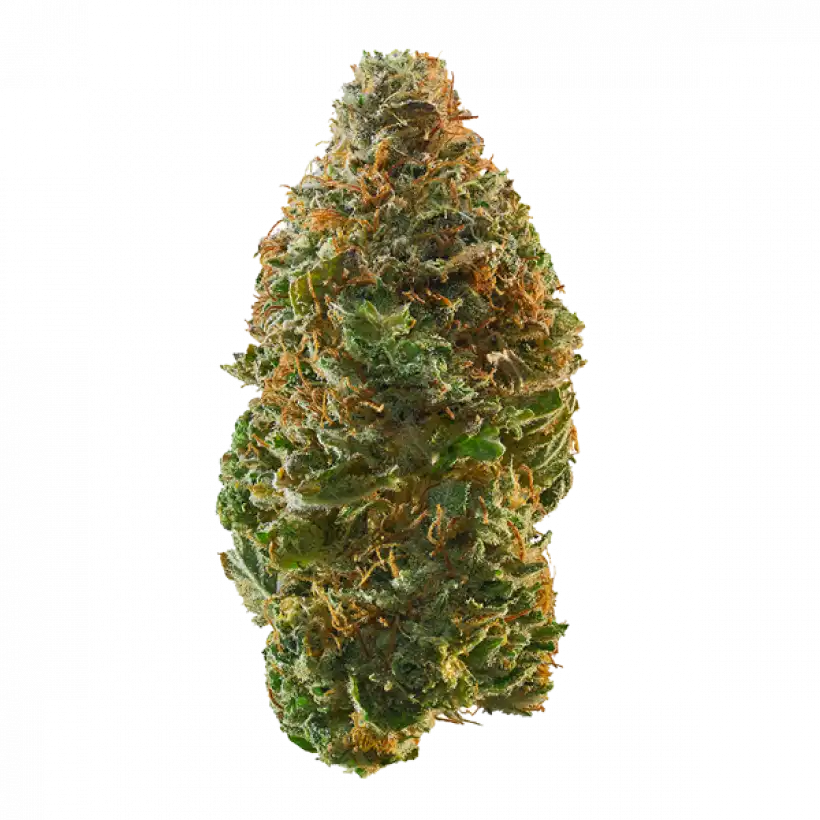

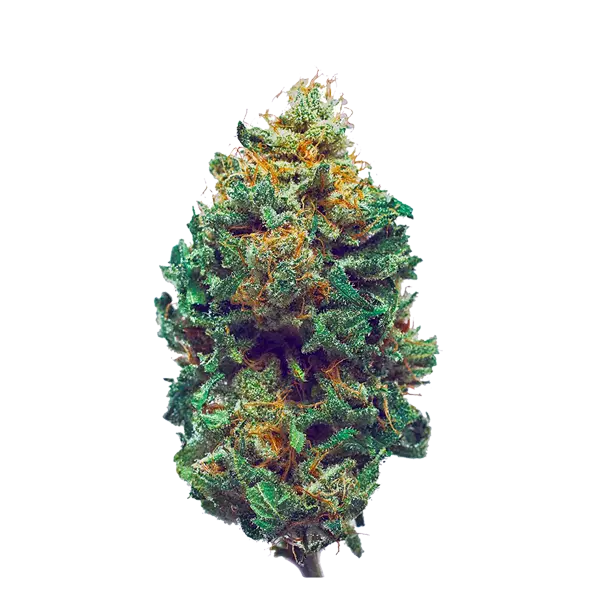


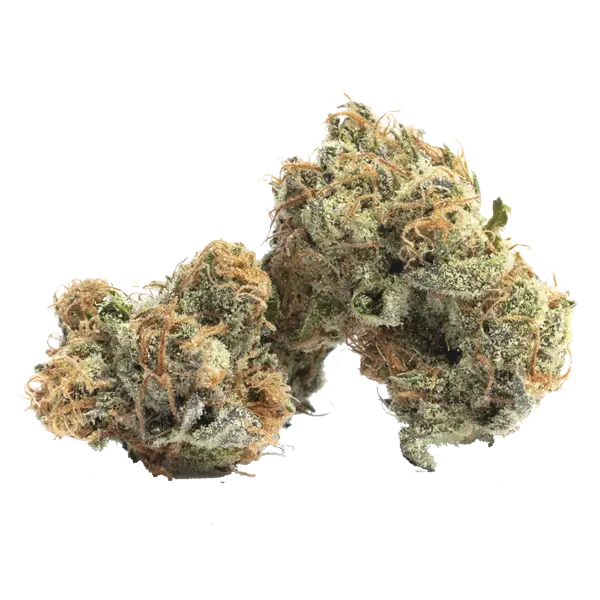
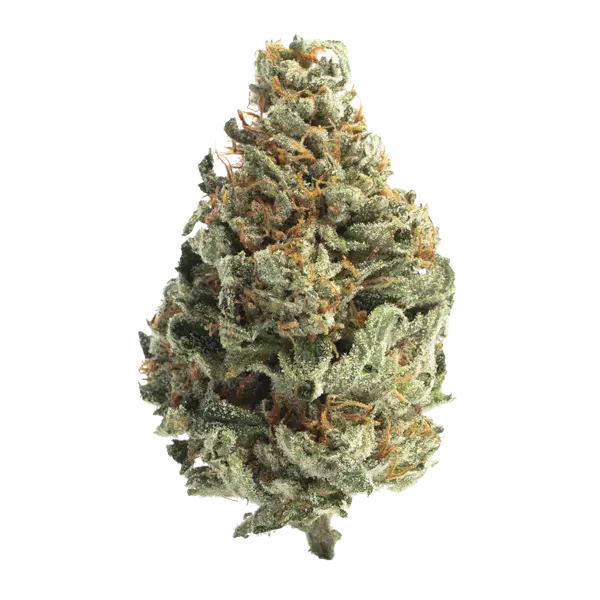

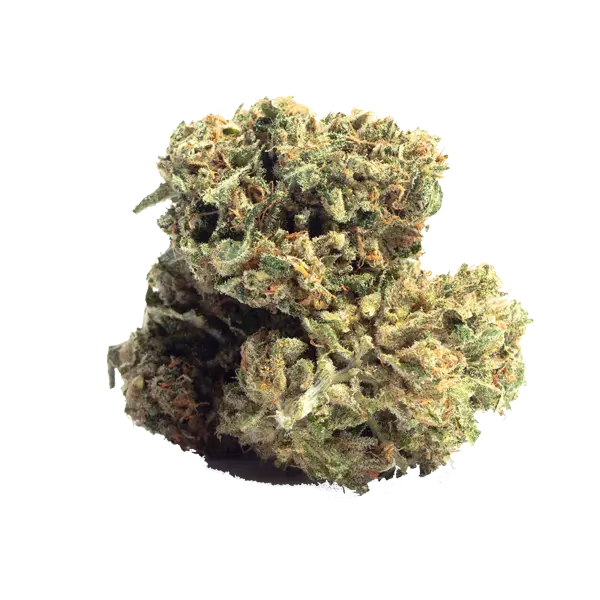
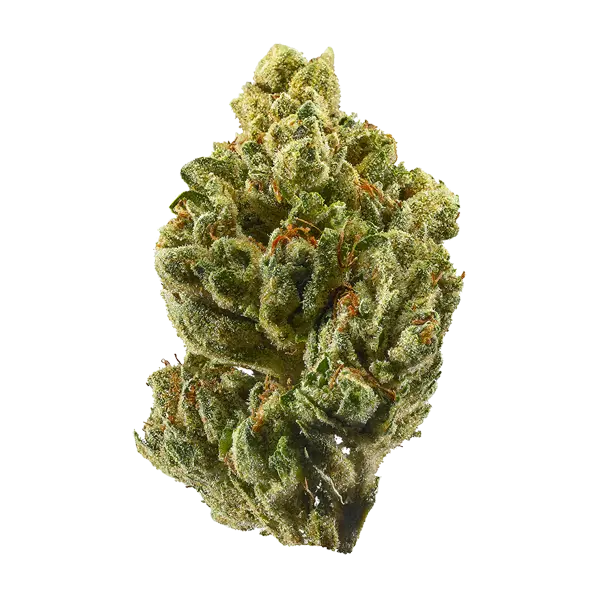
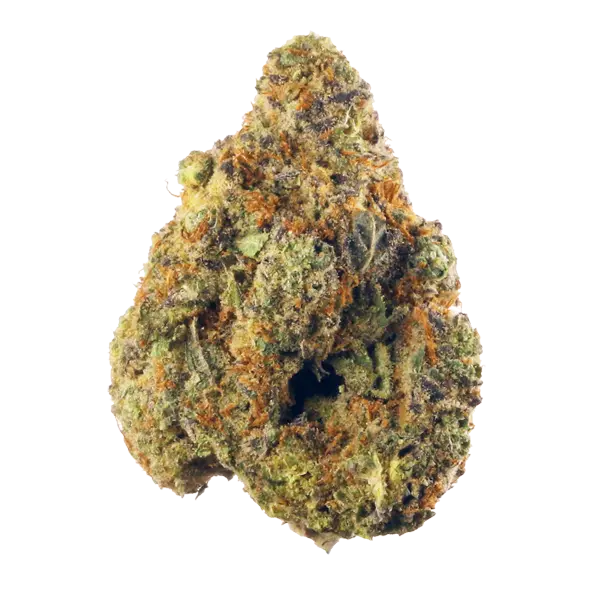
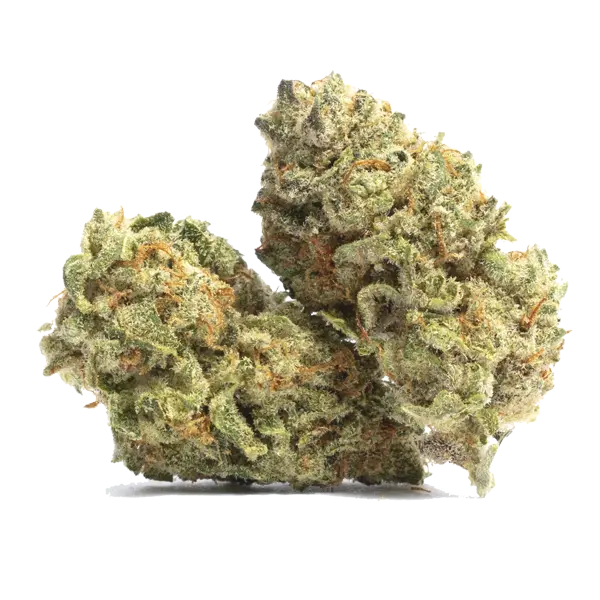
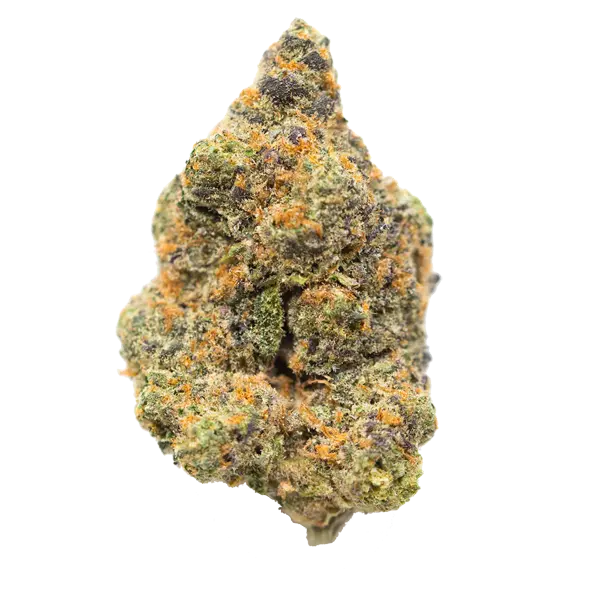
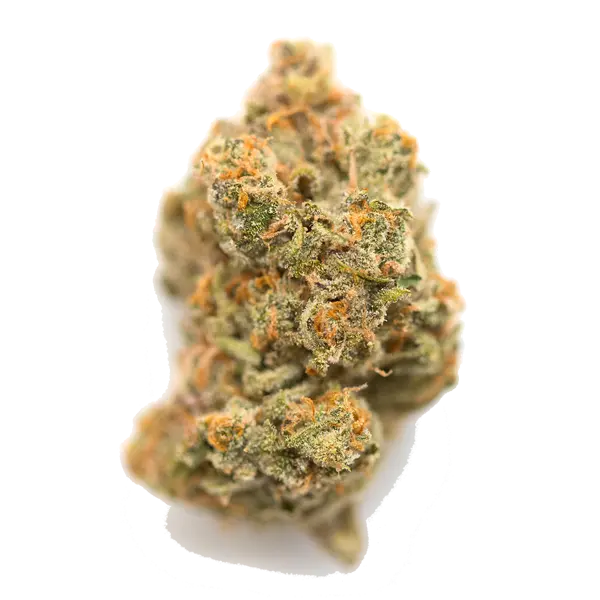
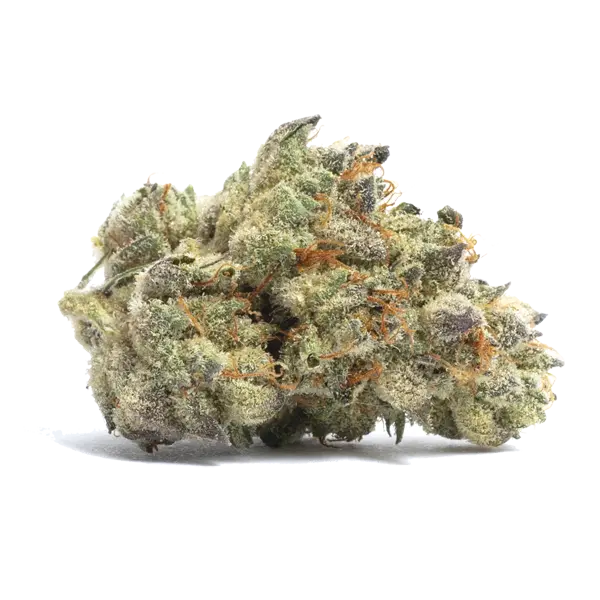
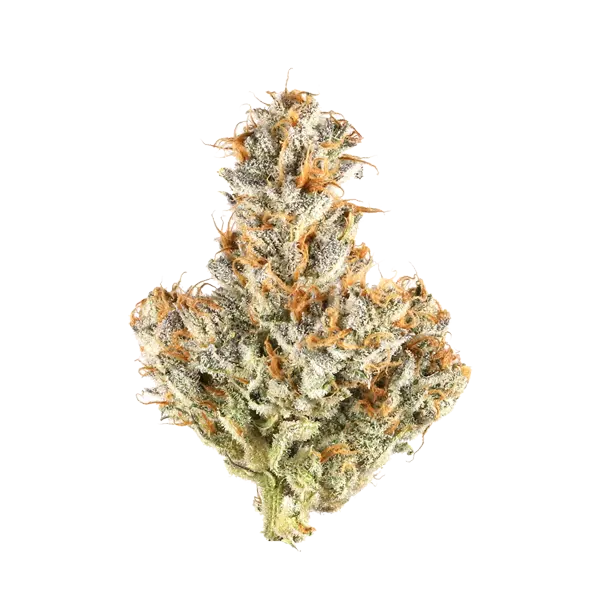
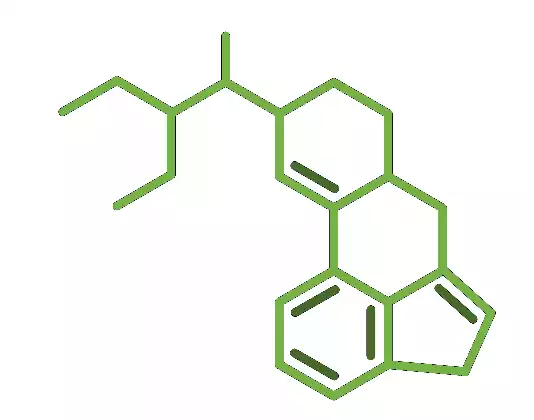


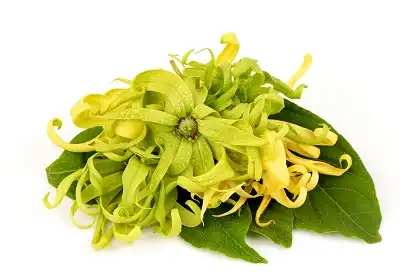














 Cannabis Therapy for the Treatment of Glaucoma Symptoms
Cannabis Therapy for the Treatment of Glaucoma Symptoms Cannabis And Crohn’s Disease
Cannabis And Crohn’s Disease








